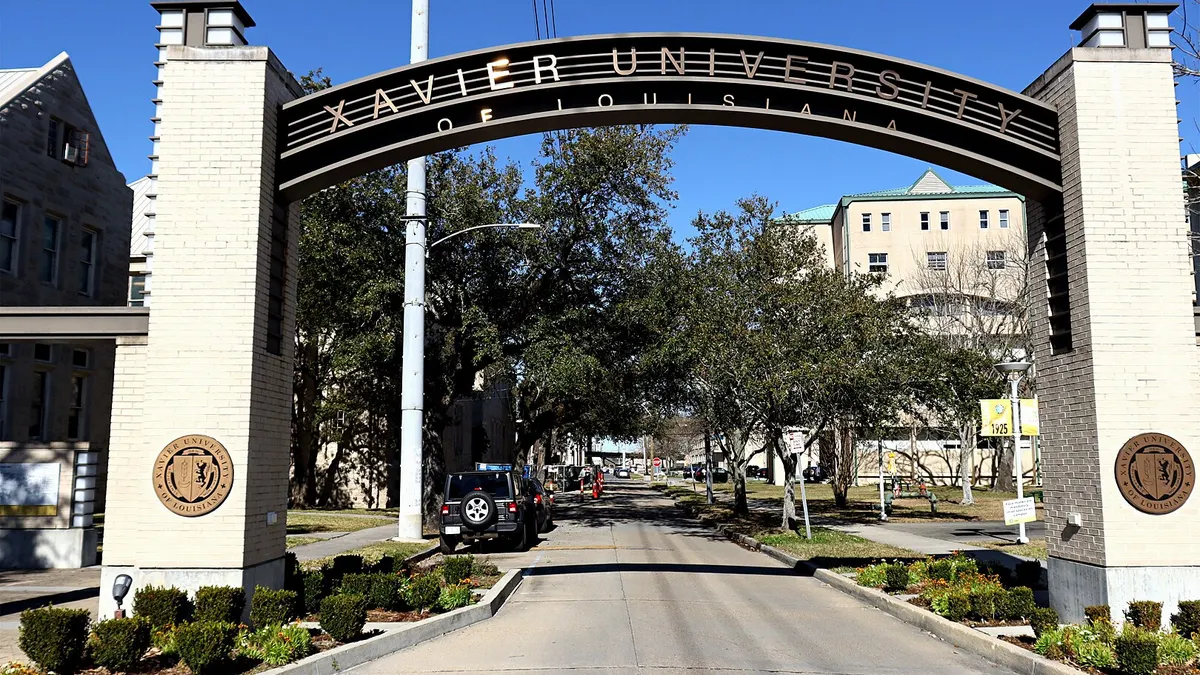Dive Brief:
- Students who are gender nonconforming, genderqueer or transgender are more than four times as likely as their cisgender peers to experience one or more mental health issues, according to a new study, the most comprehensive such analysis yet.
- The study examined some 1,200 gender-minority students — who the researchers define as those who have a "gender identity or expression that differs from their assigned sex at birth or does not fit within the male-female binary" — across 71 campuses from the fall of 2015 through the spring of 2017 based on symptoms of depression, eating disorders, self-injury and suicidality relative to their cisgender peers.
- Using data from the Healthy Minds Study, the researchers offer more insight into how mental illness manifests among a population that bears "a disproportionate burden of depression, anxiety and suicidality" and that may not access care.
Dive Insight:
Studying the traditional college-age population can be particularly helpful for improving understanding of mental health among members of gender-minority groups. That's because many lifetime mental illnesses tend to manifest during those years and because more young people are identifying as transgender or are questioning their gender identity, the researchers explain.
College students' mental health concerns are becoming a bigger priority for campus leadership. Nearly three-fourths of 400 college presidents recently surveyed by the American Council on Education (ACE) said they reallocated or identified additional funding to address the issue in the last three years.
Depression and anxiety are the student mental health concerns presidents hear about most, according to the ACE report. And they are the top issues among students as reported by the Center for Collegiate Mental Health (CCMH) at Penn State University. Stress and family and academic issues also rank high.
The new data shows gender-minority students experience these conditions at higher rates than cisgender students. For instance, 58% of gender-minority students screened positive for depression compared to 28% of cisgender students. Meanwhile, more than a third of gender-minority students said they had seriously thought about suicide during the prior year compared to one in 10 cisgender students who had reported the same.
Among gender-minority students, genderqueer students were more likely to screen positive for seven out of eight mental health issues than were transgender students or students of another self-identified gender, the researchers note. However, transgender students reported the highest rate of suicide attempts. And trans masculine students, who were assigned a female sex at birth, were 3.9 times more likely to meet the criteria for at least one mental health issue; trans feminine students were 1.9 more likely.
The findings "offer compelling evidence of mental health inequities," the researchers write, noting that trans-masculine students and genderqueer students are particularly vulnerable.
And they come as the U.S. Department of Education has taken the stance that civil rights laws do not cover gender identity. The agency has also been less likely to investigate the claims of students who say they've been discriminated against on the basis of their gender identity, according to The New York Times.
The researchers recommend colleges update existing or implement new mental health screening and care services to ensure they acknowledge gender identity. Gender-neutral bathrooms and housing, along with policies allowing students to change their names in campus records, are also important, they note.
Colleges still have work to do to reach this standard.
Fewer than half of 500 transgender and gender-nonconforming students and recent graduates who participated in a 2018 survey said their institution provided gender-neutral bathrooms, although respondents ranked them as the top accommodating policy or resource, Inside Higher Ed reported.
Respondents also said institutions could do better to educate the campus community about issues pertaining to gender-minority students and to make it easier to change their name in the records.









